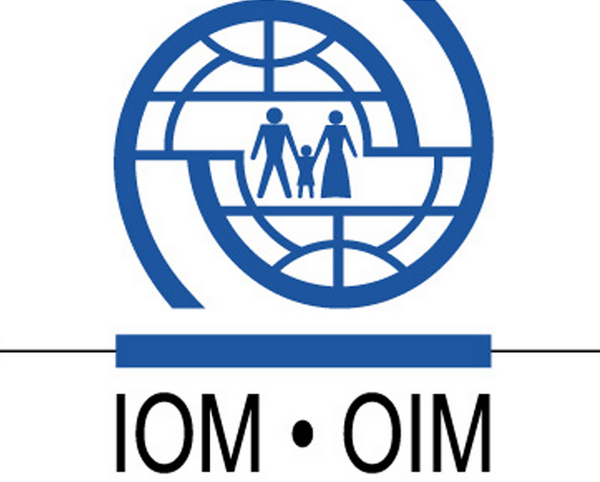

Mozambique Acts to Protect Migrants in Transit
Africa September 5, 2014

GENEVA, Switzerland, September 5, 2014/African Press Organization (APO)/ — IOM, in collaboration with the Government of Mozambique, will conduct a four-day training-of-trainers programme next week (9-12/9) in Maputo on improving protection assistance to migrants transiting the country.
Mozambique is a transit country for African migrants and asylum seekers hoping to reach South Africa. The majority come from Ethiopia, Somalia and the Democratic Republic of the Congo.
According to a 2012-2013 IOM survey, migrants travelling through Mozambique face major risks, including physical violence from attacks, detention and poor conditions in various police holding cells. Some vulnerable migrants die transiting the country.
The authorities often lack the resources and training to provide protection-sensitive migration management skills to front line officials screening migrants. IOM’s training-of-trainers workshops are designed to help respond to the challenge.
At both the 2010 Dar Es Salaam Regional Conference on Refugee Protection and International Migration and at the 2014 Migration Dialogue for Southern Africa (MIDSA), Mozambique was among the countries adopting measures to ensure that vulnerable migrants are identified and assisted.
IOM’s training, organized with the Mozambique Migration Directorate, will bring together 20 Mozambican government officials involved in migration management from the Department of Assistance for Women and Children, Attorney General’s Office, National Police for Criminal Investigations and Border Control.
The programme will be duplicated throughout Mozambique’s provinces in 2015 and is part of an IOM irregular migration project funded by the US State Department’s Bureau for Population, Refugees and Migration (BPRM).
Source: AFRICAWIN







